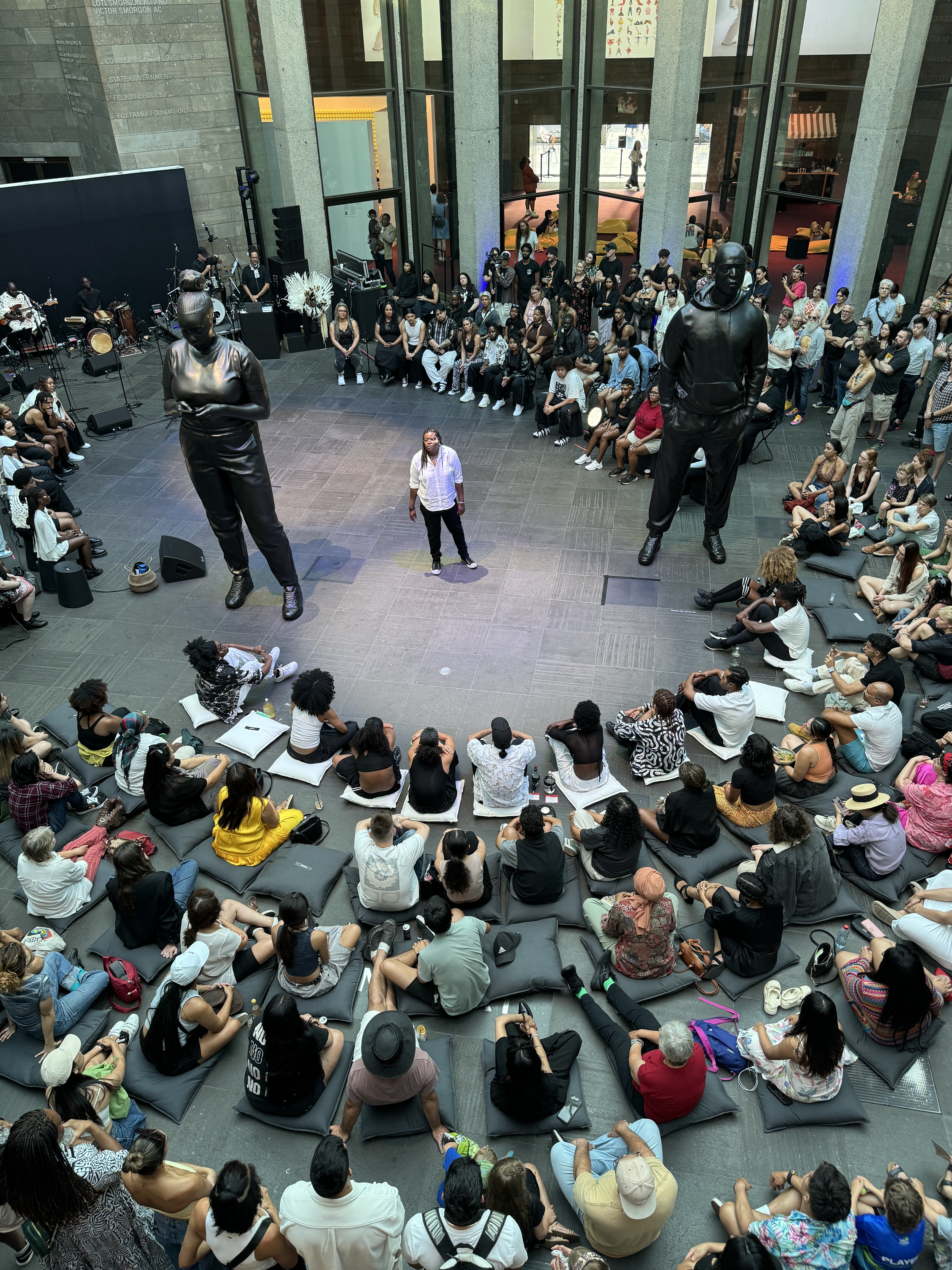Etiqueta: voces de adoptados internacionales
-

Afrocentric
Ebony Hickey, a Haitian Australian intercountry adoptee performed in Afrocentric at the Victorian Gallery of Victoria. We share her voice performance and photos
-
Vietnamese mother searching for her daughter
Vietnamese mother searching for her daughter adopted to either Belgium or France
-
My day of reckoning with the Lutheran Church
Lynelle shares her healing journey thru a Direct Personal Response (DPR) with the Lutheran Church who gave a face to face apology for their role in her abuse.
-
AntiRacism Online Workshops for Transracial Adoptive Parents
ICAV y HUE brindan un taller en línea para personas adoptadas y familias para explorar la raza, el racismo, cómo ser un aliado contra el racismo como algunos de nuestros problemas centrales en la adopción.
-
El duelo del adoptado y la meditación zen
Desiree comparte su viaje de reconocer y aceptar los sentimientos de dolor y pérdida que surgen durante la meditación zen. Todos tratamos de encontrar caminos hacia la curación.
-
Responder con sensibilidad a los temores de abandono
Lyla comparte una forma increíble en que sus padres adoptivos la ayudaron con los temores de abandono, un temor racional que todos los adoptados han soportado de perder a su primera familia.